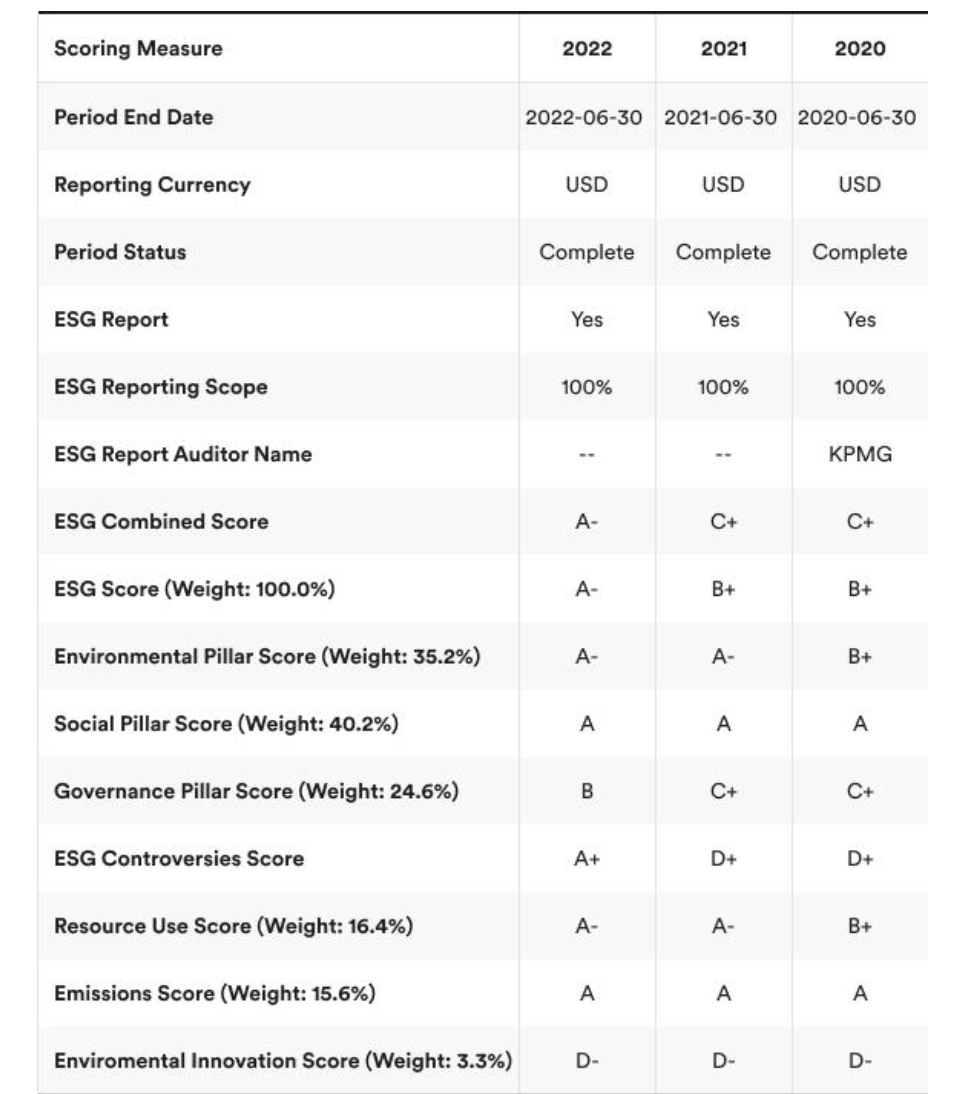This should be as important to your strategy as risk tolerance
The term ‘greenwashing’ is something I am sure you as an investor are becoming more familiar with. The Australian Securities and Investment Commission (ASIC) has made a concerted effort to crack down on ‘greenwashing’ conduct in the past year as it looks to protect consumers from the risks associated with it.
The question is: when is it greenwashing and when is the investor ‘greenwashed’?
Let me expand on that strange question.
ASIC sees greenwashing as marketing that makes it hard for consumers to make a fully informed decision as to whether an investment product is responsible, sustainable and ethical.
Over the past year’s crackdown, ASIC has also made it clear that greenwashing can be either intentional or unintentional. And any “green” statements by providers cannot be misleading or deceptive even if it was unintentional.
This is pretty clear-cut as to how the independent arbiter defines greenwashing.
Should your ethical tolerance impact your investment strategy?
Some believe 'greenwashing’ is all ethical investing. That it’s just marketing preying on peoples’ environmental concerns. That there is no reason for a firm, investment provider or superannuation product to be ethical as the only thing an investable entity should do is ‘maximise investor returns’.
You may think like this and that is your right. However, the data shows that ethically run firms and investments have outperformed non-ethically run firms over the past 10 years. There is clear financial merit in ethical investing along with the other benefits of better-run firms with better governance and social responsibility.
If something is ‘greenwashed’ is more subjective, as it ventures into the realm of an investor’s personal beliefs.
Some believe being greenwashed is when a firm, investment provider or superannuation product states it is ethical, but it fails on environmental issues. This is where ethics become murky, as ethical investments and environmental investing are not considered mutually exclusive.
The differences between ethical and environmental investing
Ethical investing is the evaluation of a provider's Environment, Social and Governance (ESG) stance in even portions. There is also an additional weighting for ‘controversies’ these being events or individual issues that have occurred. Think Rio Tinto and the Juukan Gorge destruction. When taken as a whole, a firm, investment provider or superannuation product can then be rated as ethical or not.
Environmental investing is either a pure environmental evaluation framework or places a higher weight on environmental issues than social and governance.
Fortescue Metals Group Ltd (ASX: FMG) provides an excellent example of the disconnect between ethical and environmental investing standards.
Ethical screening
Below is Refinitiv’s ESG audit of FMG over the past three full financial years. Under an ethical screen, FMG passes.

Source: Refinitiv ESG Statement – Fortescue Metals Group LTD (FMG.AX)
What should be highlighted here is its social and governance ratings. FMG is the market leader in indigenous employment, community engagement and social contract (i.e. providing housing and medical care). Additionally, the FMG’s governance score surpasses its peers, as it maintains a higher-than-industry-standard level of gender balance on both its board and in senior management positions. The table also illustrates FMG is failing in environmental innovation and has been unable to improve this section over time. Yet, taken as a whole FMG’s ESG score is an approved ethical investment.
This is also the view of the Responsible Investment Association of Australasia (RIAA) who are the key independent entity in approving if a firm or investment vehicle can be rated ethical.
Ethical tolerance is the new risk tolerance
Over the past decade, the explosion in Exchange Trade Funds (ETF) has seen all manner of types and offerings including ethical ETFs. The best-known ethical ETFs on the ASX are from Vanguard. Vanguard’s Ethically Conscious Australian Share ETF (ASX: VETH) which holds FMG inside it and Vanguard’s Ethically Conscious International Shares Index ETF (ASX: VESG). Both are rated and approved by RIAA.
But again, is this ‘green enough’ or ‘too green’ for you as an investor? This is the question that comes up over and over again. The argument that FMG is ethical is proven. Trying to argue that FMG is ‘green’ is grey, and this is where the term ‘greenwashing’ is fraught with danger.
I would argue that like your risk tolerance, your ‘green’ or ‘ethical’ tolerance should also be part of your investment thesis and strategy. This will allow you to tailor your investment options to fit your own mandate. I predict that when Gen Z start investing seriously ‘ethical tolerance’ will be part and parcel of their strategies.
Agree or disagree with ethical investing, that is your right as an investor and as a person. Whichever view you hold, we all must accept that having an ethical framework can/and is creating better outcomes on the triple bottom line. Its impact will only become more important in the future.
InvestSMART holds both VETH and VESG in its Ethical Growth Portfolio.
2 topics
3 stocks mentioned
.png)
.png)